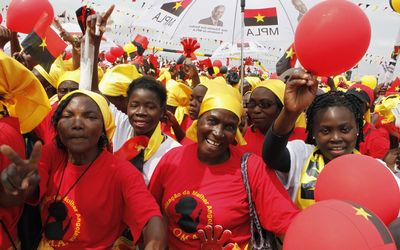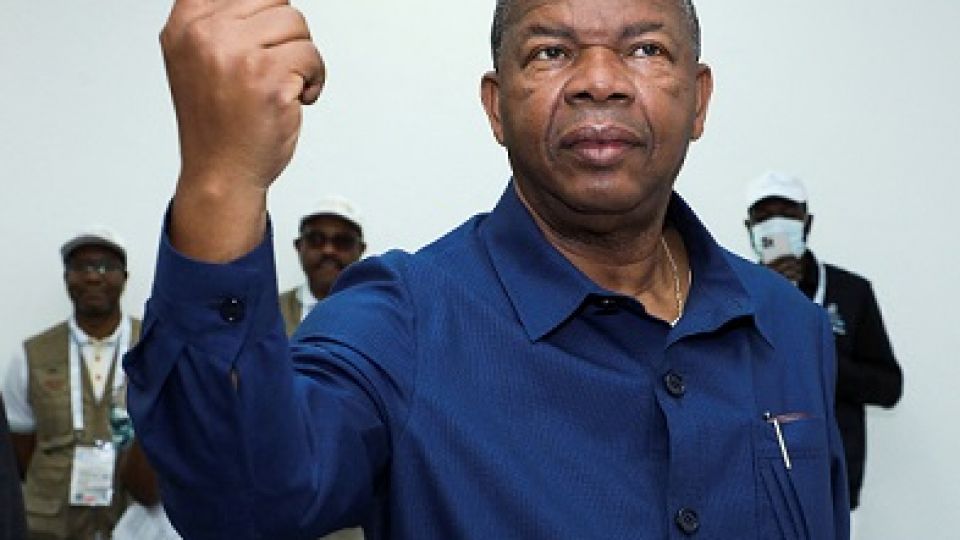

ANGOLA’S just-ended elections will go down the annals of history for the chastening defeat of the ruling People’s Movement for the Liberation of Angola (MPLA) in the capital Luanda.
The disgrace ends MPLA’S almost five-decade stranglehold.
By ceding some control to the National Union for the Total Independence of Angola (UNITA), MPLA has joined a growing trend in the region, whereby ruling parties, formerly, liberation movements, win elections in general but lose the major cities to the opposition.
This has been noted in South Africa and Zimbabwe where the African National Congress (ANC) and the Zimbabwe African National Union-Patriotic Front (ZANU-PF) in the respective countries.
With their dominance restricted to the rural areas and being the opposition in urban areas, the ex-liberation movements are mocked as being more of “rural” parties than ruling parties.
The trend is attributed to youthful populations that are the majority in urban areas, being disillusioned by high unemployment, lack of opportunities and corruption they are wallowing under.
Such election outcomes are a protest votes by youth eager for change.
In last week’s election, the tightest contested in Angola, the MPLA retained power but lost its two-thirds majority after a bruising battle with UNITA.
According to provisional results by the National Electoral Commission (abbreviated to ENC locally), incumbent, President Joao Lourenco’s MPLA secured 51 percent of the poll, ahead of the 44 percent by UNITA, which won 44 percent.
MPLA’s win was down from 66,1 percent in 2017.
MPLA suffered humiliation in the capital Luanda where a third of the country’s estimated population of 35 million are resident, MPLA secured only 33 percent of the vote, almost twice as less as UNITA, which had over 62 percent.
“We are among the richest in Africa in terms of resources but we remain poor and unemployed because of government incompetence. Maybe a new government may rescue the situation,” said a Luanda resident, Derian Gonga.
The participation of less than half of the 14 million registered voters in the election highlighted the lack of trust in politicians changing the fortunes of the populace.
MPLA has been at the helm of the capital city as well as the oil-rich and diamonds-endowed country for 47 years, dating back to independence from Portugal.
“The vast majority of residents in and around the Angolan capital said with one voice that they are ready for change,” said Rafael Marques de Morais, the human rights defender with Maka Angola.
Maka Angola is a think-tank dedicated to fighting corruption and deepening democracy in the Southern African country.
De Morais said while MPLA had retained power at the helm of Angola “but they must realise now that they have been put on notice and that their time is nearly over.”
“The trend is inexorable and they should be looking ahead to 2027, and planning for a period on the opposition benches,” said de Morais.
He said the outcome left Lourenco with the unpleasant prospect of a “lame duck” president.
Commenting on the results overall, de Morais believes for the first time in the history of Angola, the next parliament will be more democratic, balanced and representative of ordinary people.
Overall, of the 220 legislative seats, MPLA won 124 (26 less than in 2017) and UNITA 90 (37 more). The Social Renewal Party, National Front for the Liberation of Angola, Humanist Party of Angola each managed slightly over 1 percent and two seats each.
“It means voters now have an opportunity of getting their concerns heard as part of the legislative process,” he said.
“This is a first. A major victory by and for the people, and a big step towards turning Angola into a real democracy in practice and not just on paper,” de Morais said.
The Adalberto Costa Júnior-led UNITA has disputed the provisional national results, claiming its figures indicate it won more votes than announced by the CNE.
Youth in some urban areas took to the streets alleging vote rigging by the electoral commission that is seen as an appendage of the ruling party.
CNE at the time of publication stated it had not officially received any complaint by any political party following the provisional results of the August 24 polls.
Lucas Quilundo, CNE spokesperson, confirmed this in a media conference.
By law, the electoral body must announce final results up to 15 days after the date of elections. This will pave the way for Lourenco to serve a second term.
Differences were put aside as the nation buried its former president, Jose Eduardo dos Santos, on Sunday.
It would have been the 80th birthday of the man who ruled Angola from 1979 to 2017 but died in Spain in July after suffering cardiac arrest.
Leaders from the continent and former colonial master, Portugal, attended.
Some of his exiled children, absent from the funeral, wished her well on his birthday posthumously.
– CAJ News
